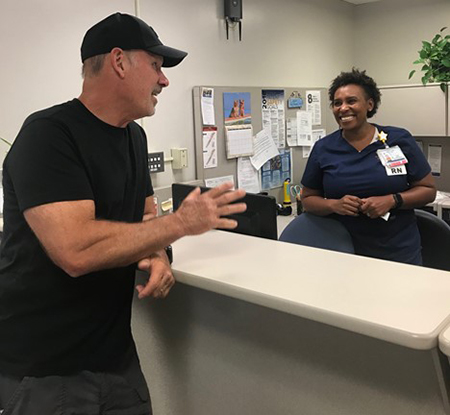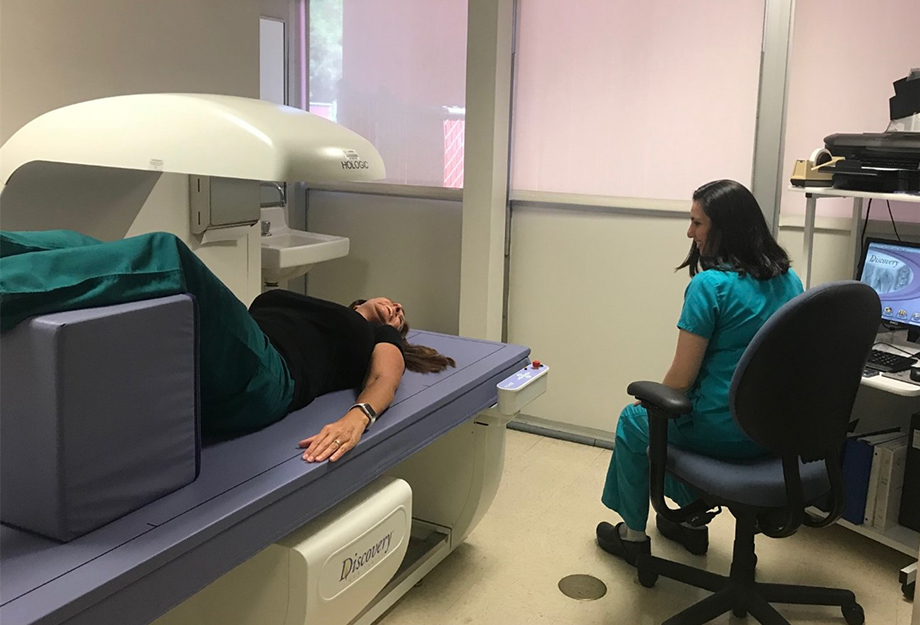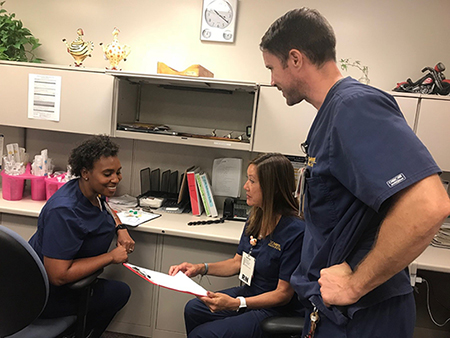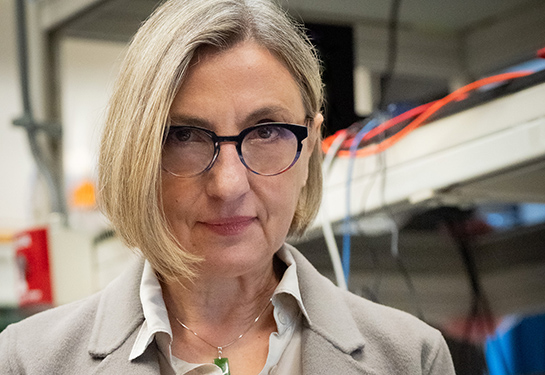At UC Davis, clinical research brings hope for patients with rare diseases
The CTSC Clinical Research Center helps in finding cures

At UC Davis Health, the CTSC Clinical Research Center (CCRC) provides hope to many patients fighting rare diseases. It serves as an outpatient clinic for researchers working on finding cures and answering questions to some of the most complicated health challenges.
The best-quality health devices and highly qualified staff at the CCRC make the clinic a special facility for professional patient care and top research services.
“Thanks to our experience in clinical practices and protocols, we at the CCRC are able to ensure the highest quality and integrity of research,” said Christopher Kain, associate director and registered nurse at the CCRC.
In this clinic, people join efforts with researchers to learn more about or discover cures to a variety of complicated diseases. Patients taking part in clinical trials volunteer through active recruiting studies.
Steven Longhofer is participating in one of the ongoing clinical trials at the CCRC. “I wanted to contribute back to UC Davis and to help out,” he said. “The team at the CCRC is fantastic and super nice. I would say they are absolutely the best.”
Some of CCRC’s clinical trials
The CCRC has been involved in a variety of successful clinical trials. For example, the CCRC was one of a few sites that took part in the Sarepta Therapeutics trials of Exondys 51, the only FDA-approved drug for Duchenne muscular dystrophy, a rare and progressive disease.

Currently, the CCRC is assisting in many clinical trials, including one with the UC Davis Vascular Center. The center is part of a stem cell trial for the treatment of critical limb ischemia, a chronic condition causing severe artery blockage resulting in severe pain in the feet or toes.

Also, the UC Davis Department of Neurology and the CCRC have teamed up on a study from the sponsor Wave Therapeutics to develop a treatment to stop or reverse Huntington’s disease by injecting stem cells in the spinal canal.
The CCRC serves as the site of a collaboration between the UC Davis Division of Infectious Diseases and Gilead Sciences for a new trial for the treatment of HIV. The investigational drug has the potential to dramatically decrease the amount of medications taken daily by HIV patients.
As Karimeh Borghei, the nurse practitioner at the CCRC, proudly said, “We at the CCRC create the future of medicine!”



